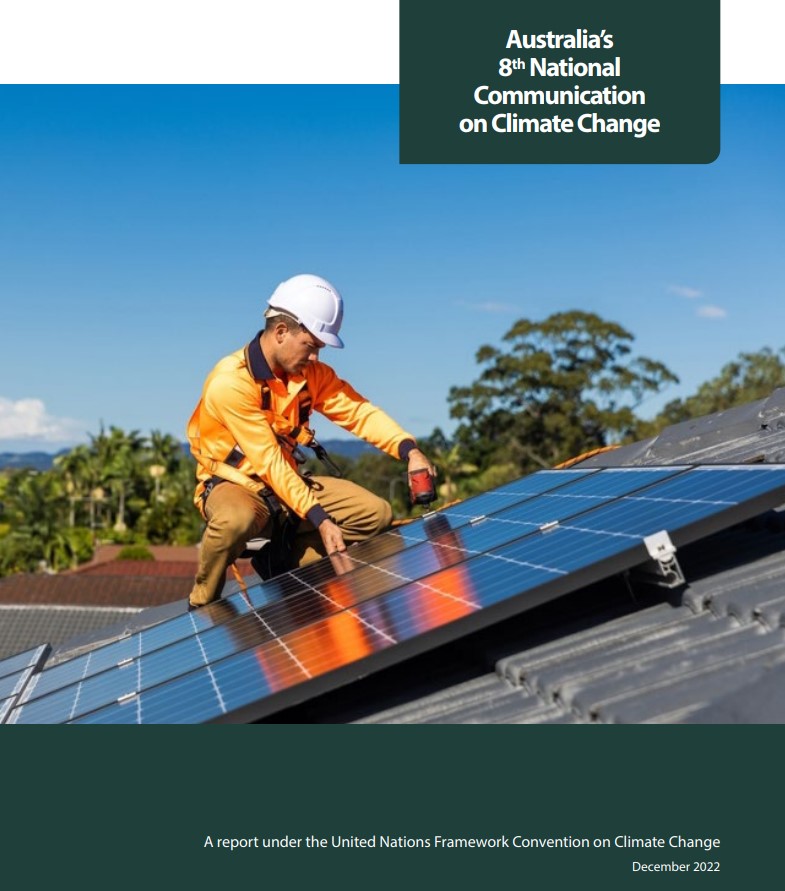Biotext works with complex content at the highest level, delivering content, structural and presentation expertise and quality assurance for national and international policies and reports.
Content experts can improve outcomes for critical content by providing analysis and advice throughout development. Biotext works with policy and reporting teams to structure, write, edit and design high-level content.
Our role:
|
|
Department of Foreign Affairs and Trade policies
Biotext has worked closely with the department to develop key national policies, including:
- International Gender Equality Strategy, which sets out Australia’s efforts to support and advance gender equality, with a particular focus on the Indo-Pacific region. The strategy was developed by DFAT through extensive consultation and input from numerous stakeholders. Biotext worked with the department to structure, write and edit the strategy for national and international audiences, to ensure the aims and actions were clear and stakeholder views were accurately represented.
- Humanitarian Strategy, which provides a framework for Australia to prevent, mitigate and respond to global humanitarian crises, which are compounding in frequency and intensity. The strategy aims to take a holistic approach that addresses the links between humanitarian action, development, human rights, peace and stability. Biotext worked with the department to restructure the report and develop overarching infographics.
- Australia’s International Disability Equity and Rights Strategy, which sets out a framework foraction to achieve disability equity and rights in the work of DFAT, in Australia’s partnerships with governments and local and international organisations, and on the broader global stage. Biotext worked with the department to structure, write and edit the strategy for national and international audiences, ahead of the strategy’s launch in November 2024.
- Australia’s International Development Policy, which is a key document for government and international partners and organisations. In 2023, DFAT, in consultation with jurisdictions and stakeholders, developed the first major development policy in 10 years. Australia’s International Development Policy: for a peaceful, stable and prosperous Indo-Pacific lays out the aims, framework and impact of the policy. Biotext worked closely with the department to structure, edit and finalise the document for an international audience.
- Australia’s Sports Diplomacy Strategy, which aims to take advantage of the opportunities presented by international interest in Australian sporting excellence, while also managing the challenges that Australian sporting organisations face around the world. Biotext analysed the draft update to Australia’s sports diplomacy strategy and provided recommendations regarding structure and content, and edited the document over 3 rounds to ensure clarity and consistency.
Department of Climate Change, Energy, the Environment and Water
Biotext worked closely with the department to structure, write, edit and design the National framework for disclosure of residential energy efficiency information, to ensure it was clear and robust. We worked over several iterations with feedback from stakeholders and jurisdictions. The design included several infographics of key concepts.The aim of energy efficiency disclosure for residential buildings is to provide consumers with consistent home energy performance information to encourage action that reduces household energy usage, bills and emissions. Developed in a collaborative project of the Australian, state and territory governments, the framework sets out a national approach to energy efficiency disclosure and gives guidance on development of a supportive market environment.
As a party to the United Nations Framework Convention on Climate Change (UNFCCC), Australia is required to report on greenhouse gas emissions and mitigation and adaptation efforts. The eighth National Communication and fifth Biennial report were developed in 2022 by a dedicated department team, with input from stakeholders and across government. Biotext worked with the department to edit the reports to ensure a consistent voice and clear messages, and to reduce repetition. The reports were produced within a very tight timeframe to meet department and UNFCCC requirements.

Connecting Australian healthcare: National Healthcare Interoperability Plan 2023–2028, Australian Digital Health Agency
Interoperability in digital health systems is complex and technical, but has real-world consequences for healthcare delivery and consumer health outcomes. The Australian Digital Health Agency developed this plan to improve and standardise interoperability requirements in Australian health systems. The plan and its technical supplement were written by many authors over a long period of time, which had resulted in repetition, inconsistencies and varying tones of voice. We comprehensively edited the plan and supplementary information to improve the structure and language, making this complex information easier to understand.
Australia 2030: prosperity through innovation, Department of Industry, Innovation and Science
This strategic plan explores the government’s role as a catalyst for innovation; how to improve the effectiveness of research and development; ambitions for enhancing the national culture of innovation; and, finally, a roadmap for action. Working with a dedicated taskforce, we helped shape the strategy and aims of the report, identify primary audiences, and write and edit each section. Biotext planned the report to be as engaging as possible. We designed and laid out the 120-page report with a focus on clear, compelling graphics, high-quality images and an uncluttered flow of text. Biotext then provided WCAG 2.0 AA–compliant accessible PDF files.
Compliance with International Health Regulations, Department of Health
The first stage of Australia’s voluntary engagement with a Joint External Evaluation (JEE) of its compliance with the World Health Organization’s (WHO’s) International Health Regulations was self-evaluation. The Department of Health partnered with Biotext to write the self-assessment report. The report was based on consultation conducted across different levels of government, and with a range of agencies and experts. Our team wrote the 250-page self-assessment report, condensing diverse information about Australia’s health security and biosecurity into a logical and engaging structure. The self-assessment report was to be read by an international evaluation team, and needed to be clear, thorough and easy to read. We provided the strong project management necessary to streamline content development, and our technical writing and editing expertise ensured Australia gave clear and detailed responses for all 19 indicators outlined in the JEE tool, for submission to WHO.